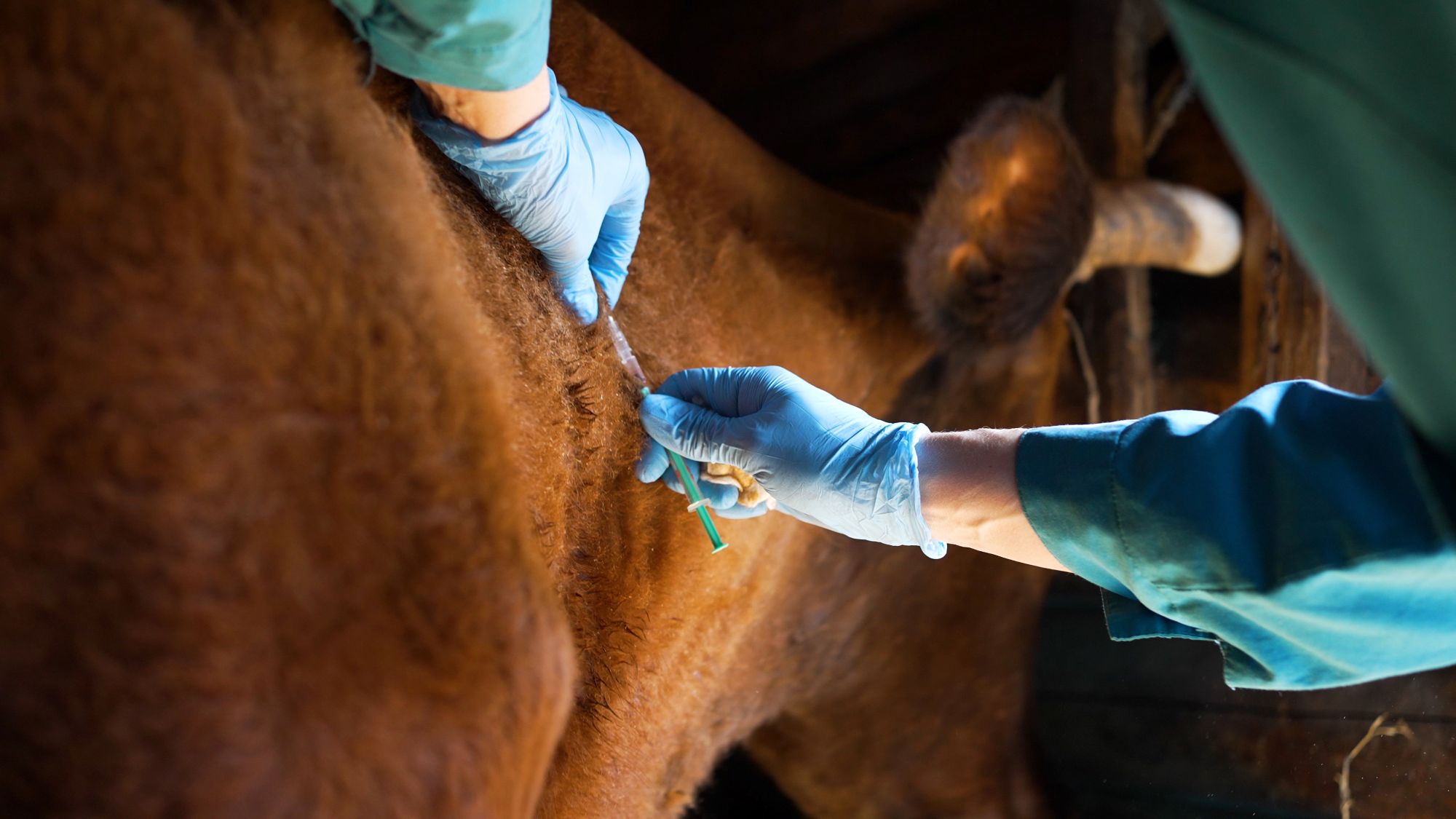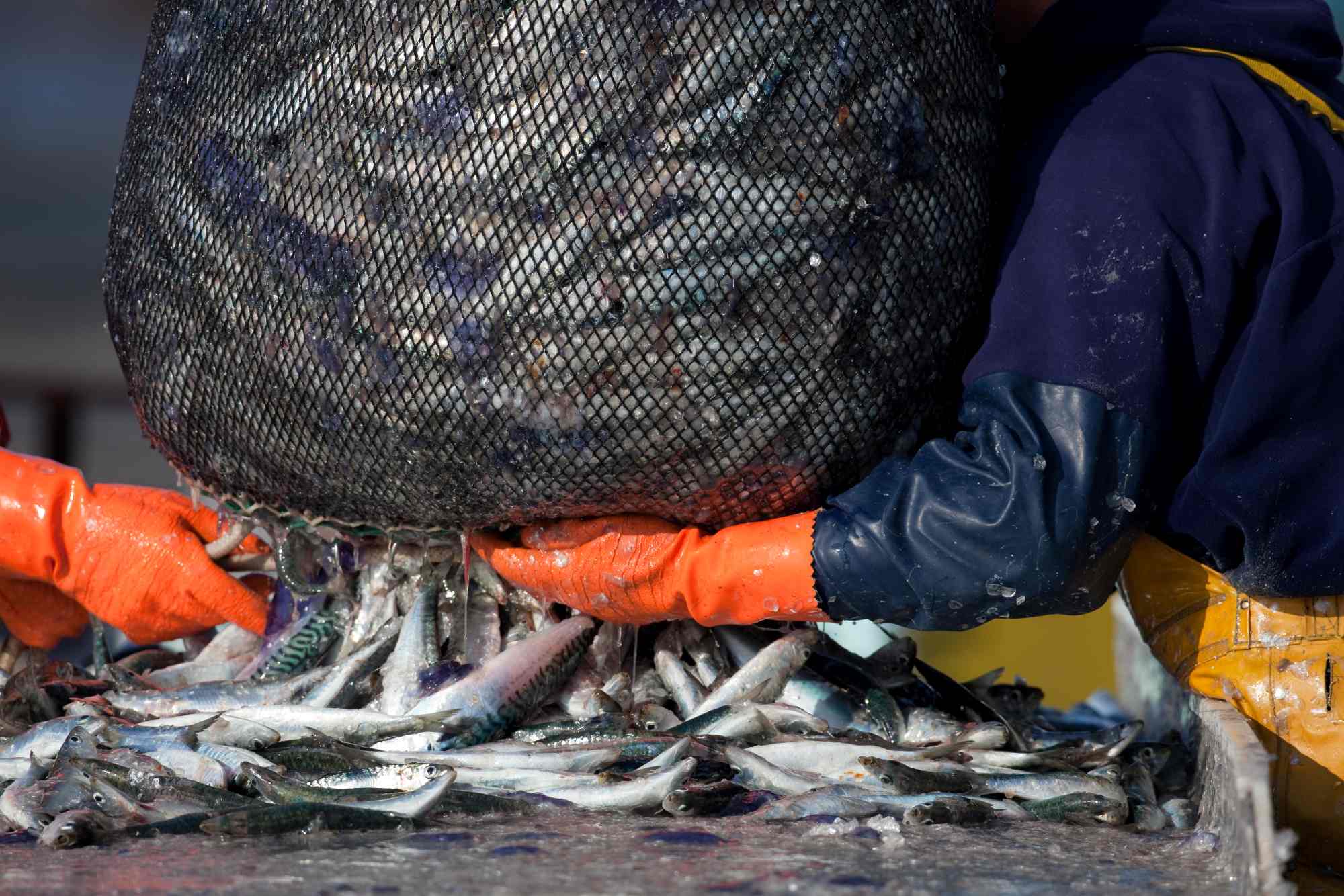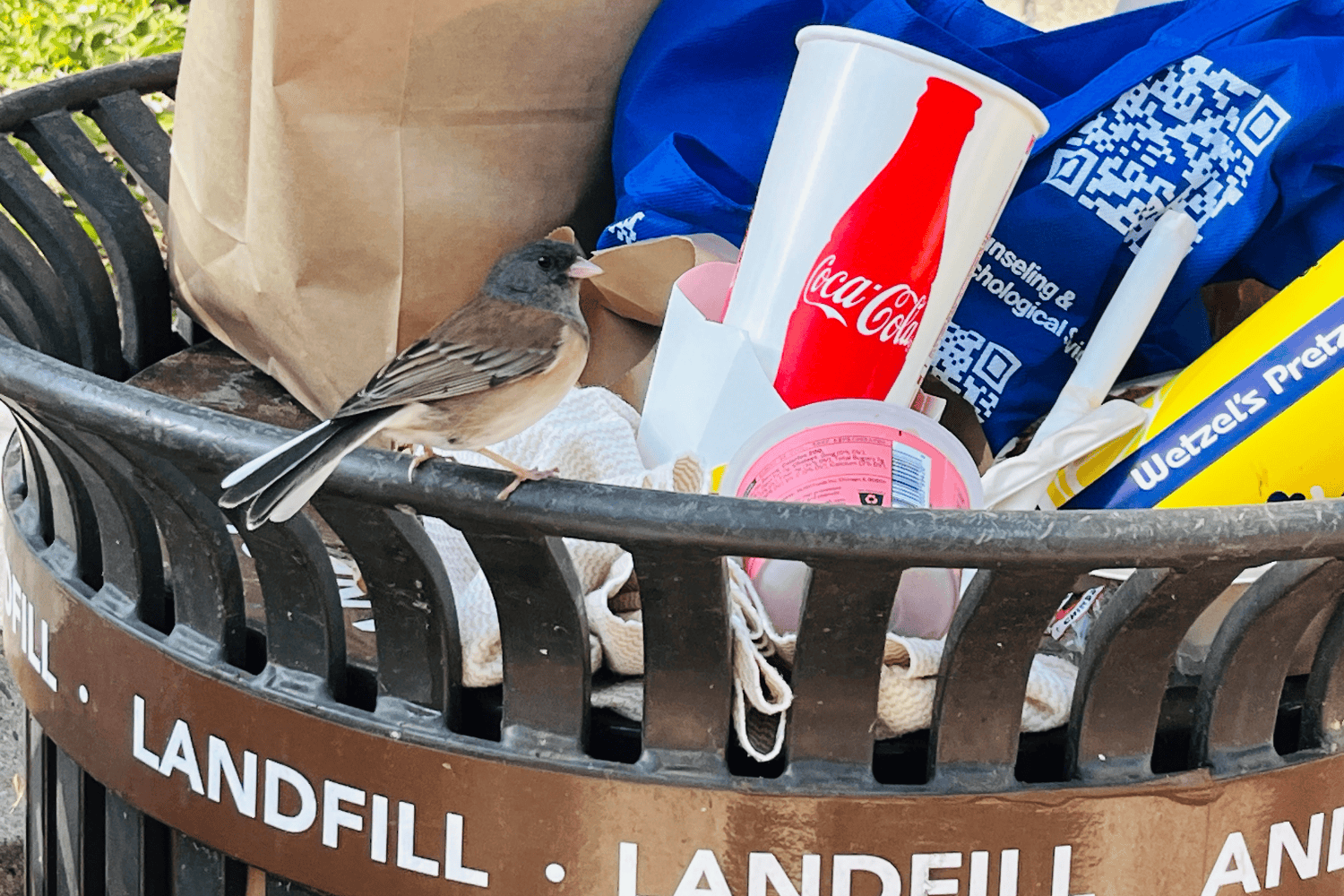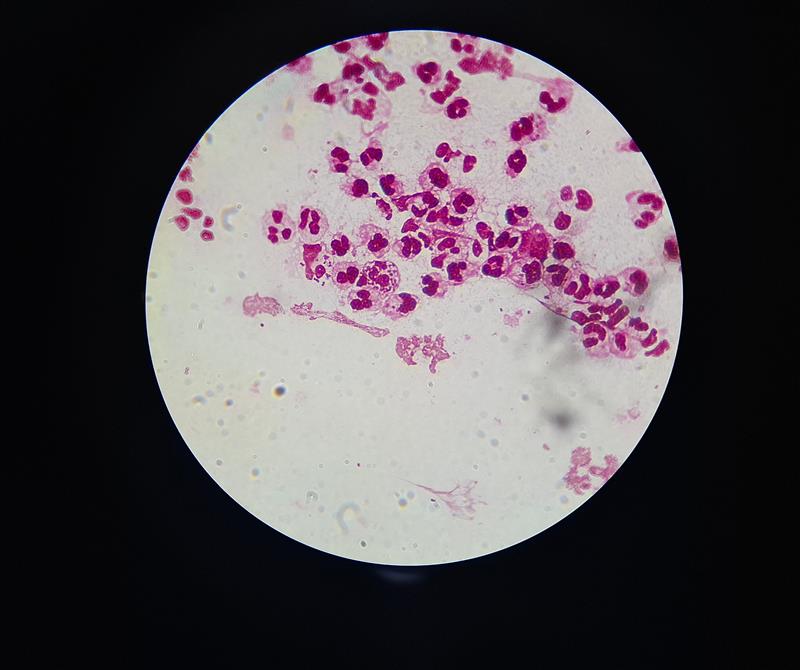Livestock vaccination worldwide may be insufficient for diseases such as rabies or contagious nodular dermatosis
An international team has estimated global vaccination coverage and the incidence of 104 diseases transmitted by cattle, poultry and pigs in 203 countries and territories over the last two decades. Their conclusions are that current vaccination coverage of global livestock populations may be insufficient to prevent various diseases, such as anthrax, rabies and contagious nodular dermatosis, of which 17 outbreaks have been recorded in Spain. The results are published in PNAS.









